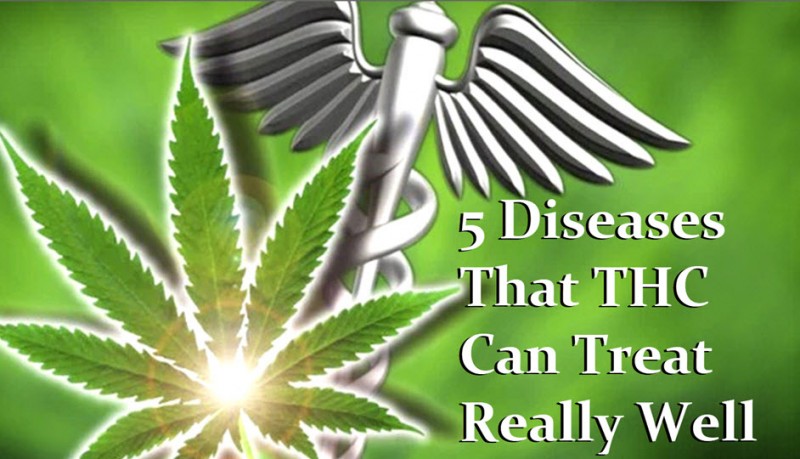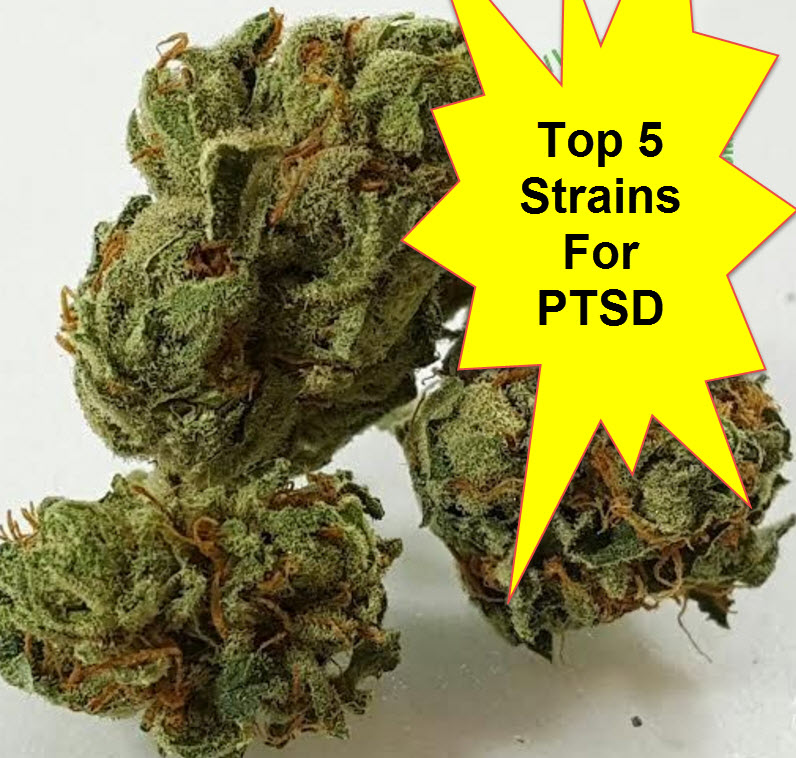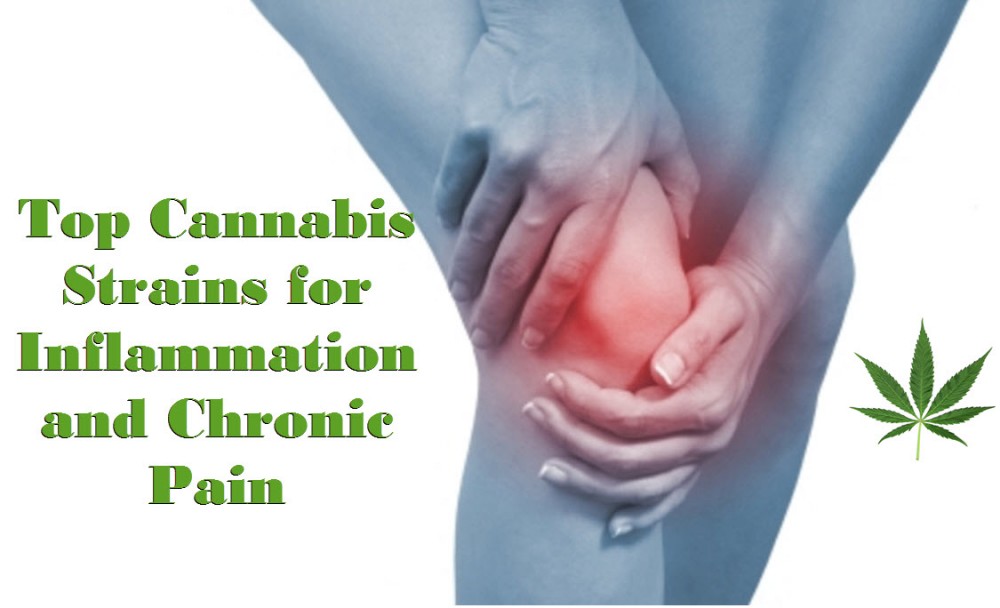5 Diseases That THC Can Treat Really Well
THC is Just as Important as CBD in Fighting These 5 Diseases from CannabisNet on Vimeo.
THC may be the superstar cannabinoid because it’s responsible for getting you high. But there’s much more to THC than meets the eye: this valuable cannabinoid also has important and even life-saving health benefits.
While many research studies tend to veer toward CBD as a focus for the cannabis plant’s therapeutic benefits, THC has tricks up its sleeve too. This is great news for patients who are willing to medicate and don’t mind the buzz, since CBD is often preferred by patients who need the healing properties of cannabis but don’t want to get high. But despite the fact that THC is a reason why many doctors still don’t want to prescribe cannabis to patients, these studies show that THC address several medical conditions:
- Post-traumatic stress disorder (PTSD): Individuals suffering from PTSD have limited options of treatment, which often include prescription drugs such as benzodiazepines, antidepressants, and mood stabilizers often which have unwanted side effects. More PTSD patients are turning to cannabis to help them regain a sense of normalcy in life again, much of which THC is responsible for.
Studies suggest that the endocannabinoid system helps people get rid of negative memories. THC engages with the endocannabinoid system directly and impacts the memory, making it helpful for people suffering from nightmares, traumatic memories, and other debilitating symptoms that PTSD is associated with.
- Asthma: When people think about respiratory illnesses such as asthma, smoking any kind of medicine, especially cannabis, is probably the last thing on their minds. Surprisingly, studies have shown that the THC content in cannabis is helpful in working as a bronchodilator in the event of asthma attacks. THC may be taken either through smoking or edibles. The use of cannabis for asthma treatment is not new; in 1973, the New England Journal of Medicine even stated, “Marihuana smoke, unlike cigarette smoke, causes broncho-dilation rather than broncho-constriction [narrowing of the air passages] and, unlike opiates, does not cause central respiratory depression [i.e. a decrease in breathing].”
In 2014, a study analyzed the bronchial lung tissue in 88 human participants. Each of them were exposed to electrical field stimulation on purpose with the intention of making the lungs contract. They were also given THC and endogenous cannabinoid 2-AG and synthetic agonists of the CB 1 and 2 receptors. The researchers discovered that THC and certain agonists of the CB1 receptor were helpful in decreasing muscle contractions.
- Pain relief: Pain from various causes ranging from cancer to muscle pain is one of the most common reasons patients seek out medical cannabis treatments. This is because both THC and CBD have anti-inflammatory properties.
A 2013 study showed that you don’t even need a lot of THC to get relief from pain. Microdosing cannabis in doses of as low as 1.92% THC has been proven to provide significant pain relief. Another study published in the Smithsonian Magazine also revealed interesting insight on how THC works for pain relief: when patients administered THC, they simply notice the pain less, suggesting that the psychoactive properties of this cannabinoid helps distract patients from the pain.
- Cancer and tumor growth: While CBD has long been known to have anti-cancer and cancer-killing properties, THC has also been shown to effectively reduce tumor growth because it has an effect on metastasis, or the rate at which cancer spreads.
THC alone has anti-cancer properties, but it’s best used in combination with CBD to get the full benefits of the entourage effect. Even Rick Simpson was able to cure his cancer by developing a THC-rich oil, and even the American Cancer Institute admits that THC can treat different kinds of cancer.
- Glaucoma: Cannabis is also widely used for the treatment of glaucoma, thanks to THC which has proven effective working as a vasodilator which helps to relax and open blood vessels in the eye.
Research shows that THC is useful in providing relief from glaucoma. Up to 65% of the participants who were treated with THC showed a decrease in ocular pressure, and this effect lasted for a few hours. What this means for glaucoma patients is that they would have to medicate regularly throughout the day to obtain significant and long-lasting relief from glaucoma.













